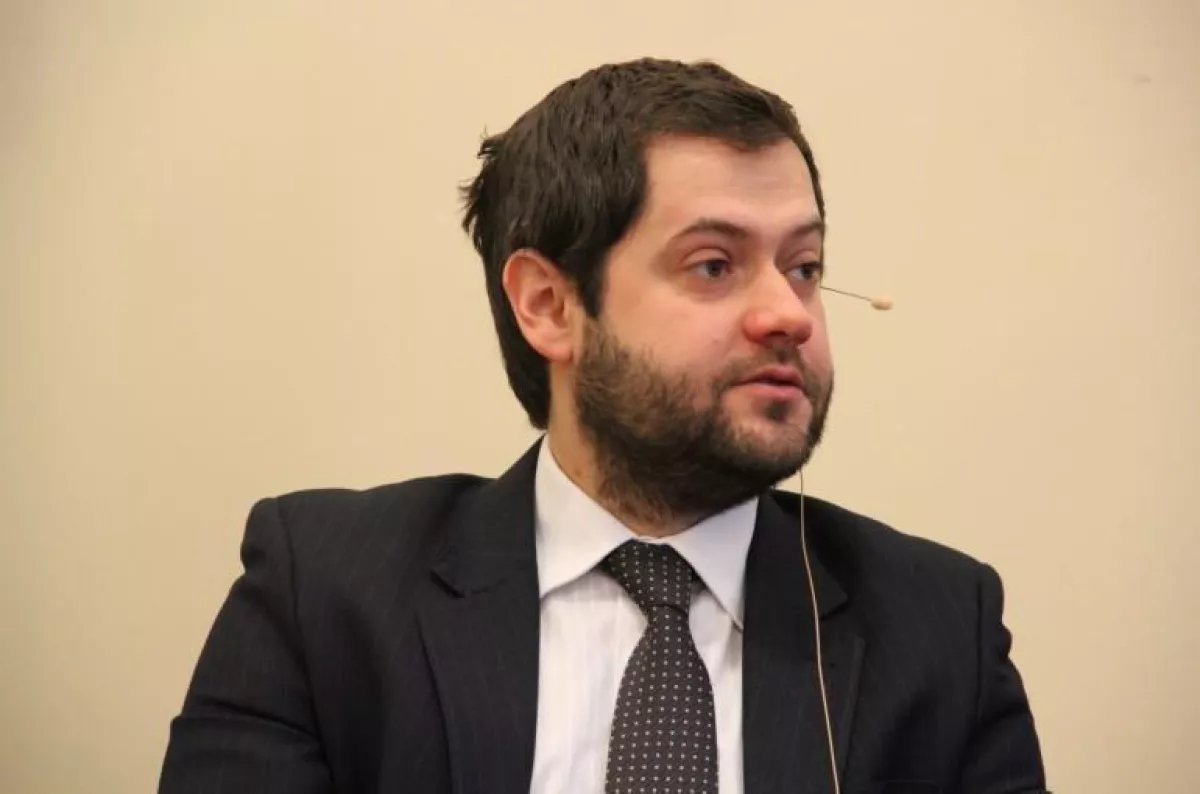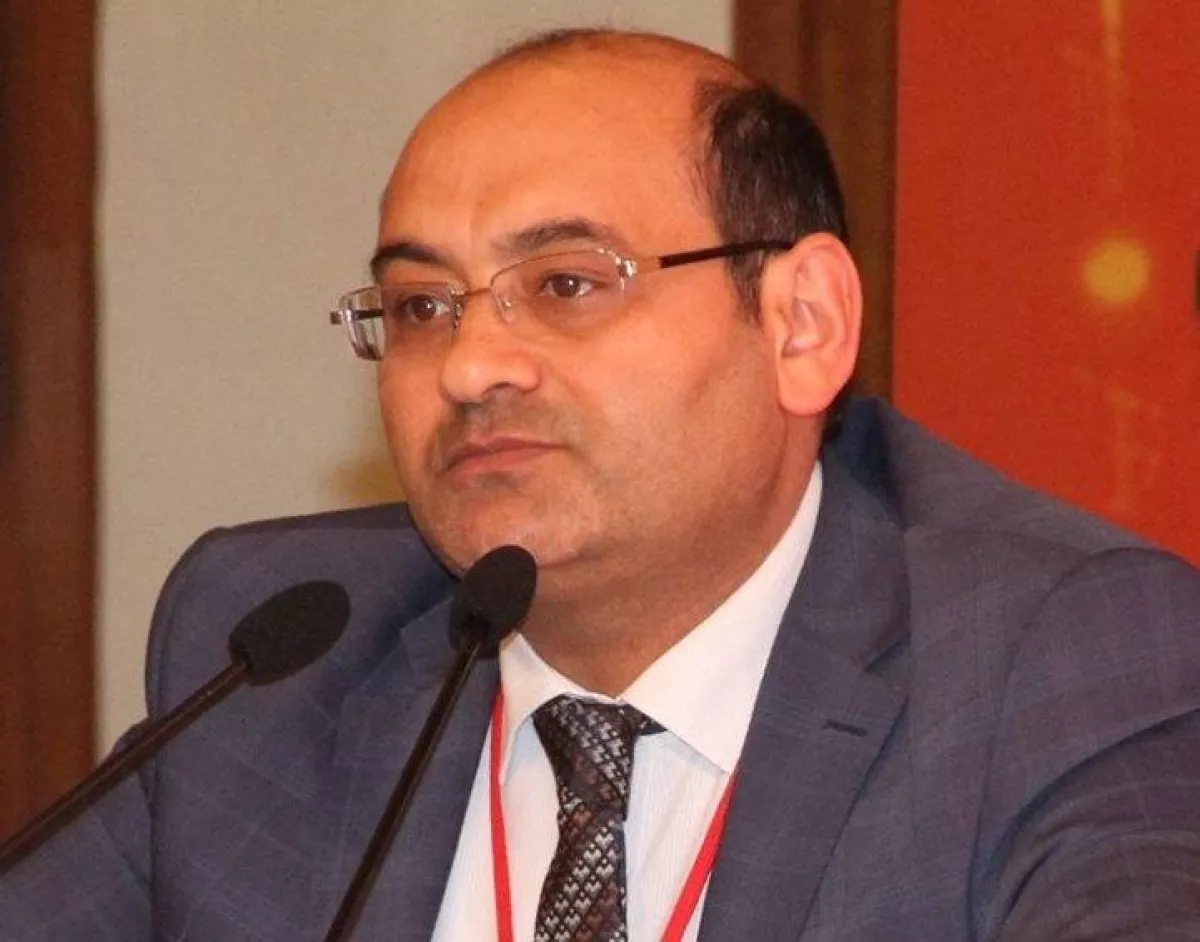Dreaming of Europe: Armenia's EU membership referendum and its impacts Expert insights
At its regular session on September 11, Armenia's Central Election Commission approved the application of 51 citizens to form an initiative group with the aim of proposing a draft law titled "On Initiating the Process of Armenia's Accession to the European Union" through a civic initiative. Artak Zeynalyan was appointed as the authorised representative of the initiative group.
The petition to put the issue of Armenia's EU membership to a referendum was proposed by Armenia’s pro-European party, the Republic (Hanrapetutyun Party), and the For the Republic Party.
What does this mean? Are they trying to see how Armenian citizens feel about joining the European Union? And what’s next? Armenia is part of the Eurasian Economic Union (EAEU) and the Collective Security Treaty Organization (CSTO), with Russian military and border guards stationed there. Given this, the chances of even becoming an EU candidate seem unclear. So why hold a referendum? What would it give?
Well-known foreign experts have shared their perspectives with Caliber.Az.

According to Polish political scientist Konrad Zasztowt, a doctoral candidate at the Faculty of Oriental Studies of the University of Warsaw, although the idea of the referendum was initiated by a part of civil society, there is a high probability that it is simultaneously supported or was actually initiated by the current pro-Western authorities in Armenia.
“Of course, Prime Minister Pashinyan is linked with Armenia's pro-European foreign policy. A victory for supporters of EU integration in the referendum would also be a sign of support for Pashinyan. On the other hand, this can be regarded not as some insidious or cunning political intrigue, but as a quite natural way of lobbying the idea of European integration among the population. But, of course, Armenia's real accession to the European Union is a question and a matter of many years, and in the current geopolitical situation it is unrealistic,” Zasztowt said.
Nazim Jafarsoy, Doctor of Political Science, Deputy Chairman of QAFSAM (Caucasus Center for International Relations and Strategic Studies), said in his turn that the aspiration of the current Armenian authorities to build closer relations with both Europe and America is obvious.
"It becomes especially clear against the backdrop of a significant increase in contacts between Armenian officials and the EU, with Brussels delegations frequently visiting Yerevan. France also plays an active role in facilitating these meetings and negotiations. Overall, this can be seen as a multilateral process. There is a mutual desire for closer cooperation between Armenia and Europe in various areas, and the United States is visibly supporting the development of these contacts," says the political scientist.
Naturally, he emphasizes, there are certain motives and reasons behind all this.
"In my view, the push for a referendum by several ordinary few small Armenian parties is closely tied to Pashinyan himself, who seems to be pursuing several goals. He likely believes that a successful referendum would enhance his ability to advance Armenia towards Europe and also help him address other pressing issues.
First, in order to achieve peace with Azerbaijan, Pashinyan must somehow amend his country's constitution.
Second, other changes in the constitution should help normalize relations with Türkiye.
Thirdly, the prime minister should somehow achieve the withdrawal of Russian troops from Armenia and the country's withdrawal from such organisations as the CSTO and the EAEU.
He wants to position himself and his team, as well as the majority of the Armenian people as a participant, an interested party in all these processes. And this can be done through such a referendum, with the active participation of the masses in it.
It's clear that these goals might not be well received by the significant portion of Armenian society that still holds onto national myths. To counter these sentiments, the promise of eventual full EU membership is presented as the ultimate goal of these reforms.
Pashinyan likely believes that these efforts will receive strong support from the West, which could help strengthen his party's position and ensure they remain in power after the next parliamentary elections.
Of course, this will take considerable time and effort. If circumstances on the international stage align favorably and the Armenian government remains highly active, they might manage to start the process of constitutional amendments next year.
However, the road to even achieving EU candidate status will be much longer for Armenia," Jafarsoy concluded.









